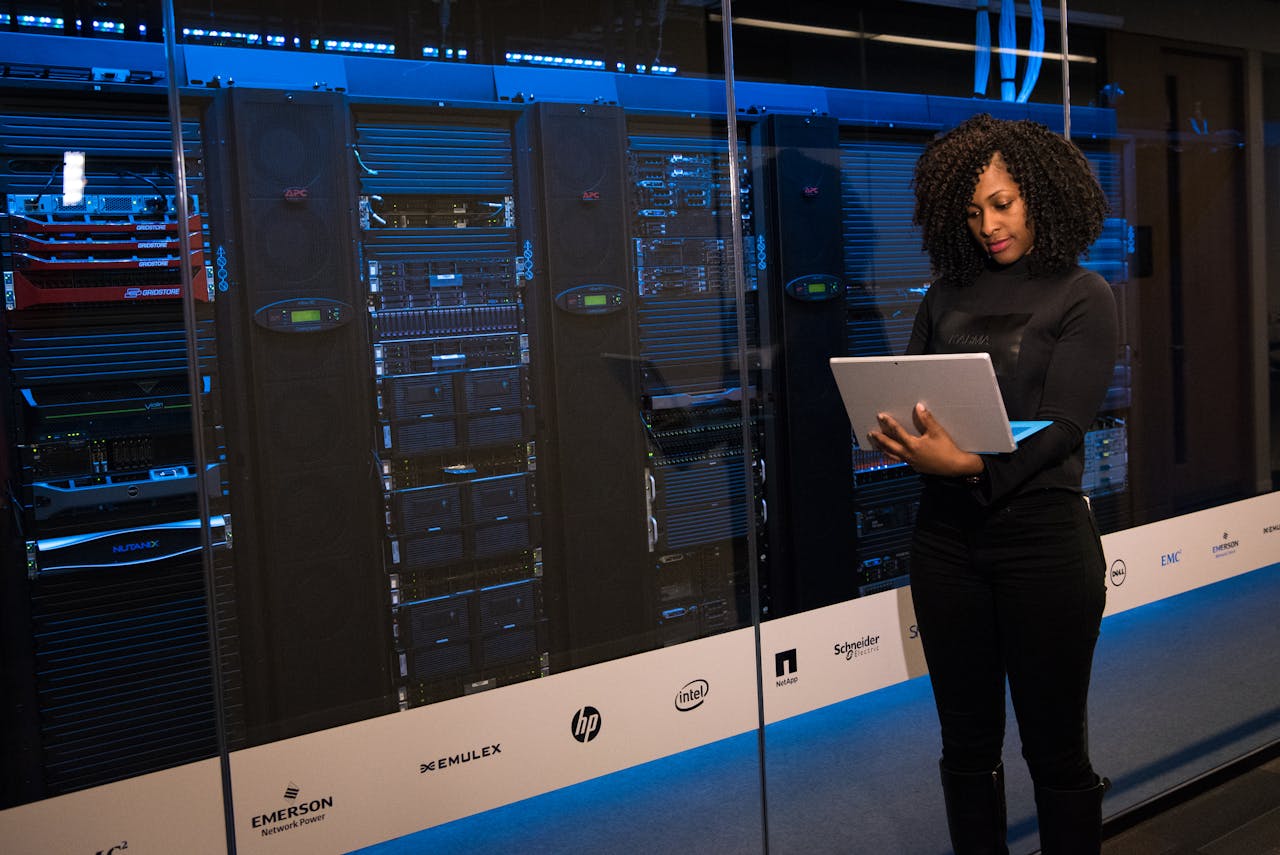
In a significant move, the UK has recently classified internet data centres as critical national infrastructure, putting them in the same category as emergency services, healthcare systems, and energy supplies. This means they’ll receive extra government support in the event of major incidents like cyber attacks or extreme weather. 1
At first glance, this seems like a positive step, particularly as more and more news and entertainment content is being consumed online. But as a broadcast engineer, I can’t help but think - are we focusing enough on the other parts of the chain?
The Changing Face of Broadcast
The BBC has already outlined its intention to become an online-only service within the next decade. 2 A future where all radio and TV services are internet-only sounds innovative and efficient, right? As much as the future promises infinite choice and flexibility, I do worry if the infrastructure we currently have be reliable enough to make this shift seamless?
Most of our internet services are still reliant on broadband providers using local telephone exchanges and street cabinets. Historically, telephone exchanges were built with backup power in mind—batteries and generators to keep things running during outages. Back in the day, this even extended to home phones that could still function in a blackout. You could still make calls during a power cut thanks to the power being passed down the phone lines.
Broadband Delivery Gaps
Fast forward to today, where we’ve added street cabinets to get faster speeds to homes, and with demand for mobile data there's a proliferation of smaller mobile phone sites too, none of which have the robust level of power backups that the exchanges used to. When power goes out, you might have a couple of hours of service if you’re lucky!
It’s ironic that as the UK pushes forward with its fibre roll-out, we’re circling back to relying on exchanges and less on street cabinets again, as fibre simply pushes light back and forth between the exchange and the home. But this setup is also flawed, as fibre doesn't allow the exchange power back to the home to power the end user's equipment. For some vulnerable customers, battery backups are an option, but they’re not supplied as standard. How many of us even know that battery backups are available or even needed when setting up a new fibre connection?
Storm Arwen in Cumbria taught us a hard lesson. 3 As power cuts knocked out services, households in remote areas were left without mobile or internet access, unable to make emergency calls.
Broadcast vs Broadband
In the world of broadcasting, national TV and radio transmitters are considered critical infrastructure, with dual power feeds and automatic backup generators. If a power failure occurs, you can bet that these systems are designed to keep broadcasts on air.
But with online delivery, the responsibility falls on broadband providers, who aren’t always held to the same standards. And that’s where my concern lies. If the government is classifying data centres as critical, shouldn’t we also be looking at the broader internet delivery infrastructure? It’s not just the data centres that matter; the whole chain needs to be robust, from exchanges to the street cabinets and the equipment installed in our own homes. Should broadband providers be compelled to increase the redundancy and power backup solutions for their networks?
Without significant improvements, I worry that we’re moving toward a future where a storm, power cut, or even a cyber attack could knock out communication when it’s needed most. And in times of crisis, not being able to get critical information might not just be an inconvenience - it could be a matter of life or death.
Are we ready for an internet-only future, or do we need to reconsider how our critical communication systems are built?
References:
Did this page help you?
There's no obligation, I've provided this article for free.
But if you saved time, money or frustration as a result of this article, or you just enjoyed reading it, perhaps you might like to